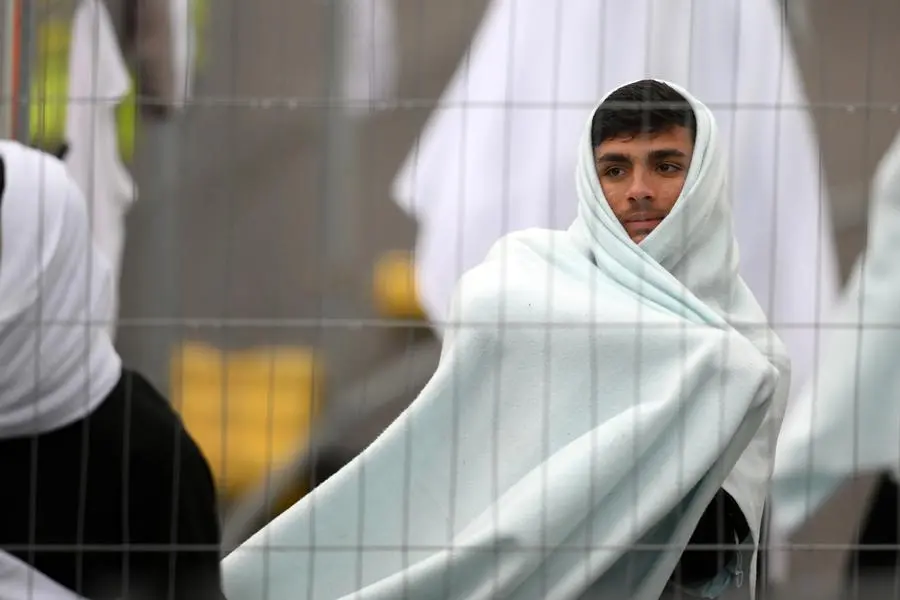PHOTO
Britain pushed back Thursday against criticism at the United Nations of its treatment of migrants and asylum seekers, insisting it was striving to better protect people in "genuine need of asylum".
During a review of Britain's human rights record at the UN in Geneva, a number of countries raised concerns about recent changes to the country's migration system, including its agreement to transfer asylum seekers to Rwanda.
"The United Kingdom has a long, proud tradition of providing a home for people fleeing persecution and oppression," junior British justice minister Mike Freer told the assembly.
"However, our immigration and asylum systems and processes have been subject to significant strain over the last decade and continue to face enormous challenges," he said.
Freer insisted that recent "landmark reforms" were aimed to "make the system fairer and more effective, so that we can better protect and support those in genuine need of asylum."
The British government is grappling with how to deal with a record number of migrants crossing the Channel from its European neighbours in small boats.
Since the beginning of the year, an unprecedented 38,000 people have crossed the Channel into Britain.
Interior minister Suella Braverman last week caused fury by describing the situation as an "invasion".
In a bid to deal with the large numbers arriving, former prime minister Boris Johnson's government introduced a scheme to deport asylum seekers thousands of miles away to Rwanda, provoking a storm of outrage.
During Thursday's so-called Universal Periodic Review (UPR) -- which all 193 UN countries must undergo every four years -- several countries decried the plan.
In a question submitted in advance, the United States pointed out that the UN refugee agency had "expressed concerns about the United Kingdom's plan to send asylum seekers to third countries."
And New Zealand's ambassador Lucy Duncan called on London to "ensure that its treatment of asylum seekers is consistent with its commitments under international human rights law and international refugee law," highlighting in particular "the UK's offshore processing arrangement with Rwanda."
Freer insisted that Britain would "only ever work with countries that we know are safe and will treat asylum seekers in accordance with relevant international human rights law," stressing that Rwanda was "a fundamentally safe and secure country."
© Agence France-Presse





















